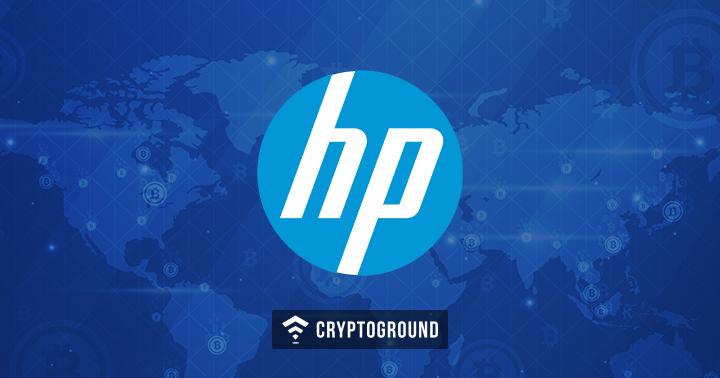Hewlett Packard Enterprise (HPE) has partnered with Global Blockchain Technologies to trial a proof-of-concept (PoC) for a decentralized peer-to-peer (P2P) network for cloud services, geared towards enterprise users.
A PoC is a method used to demonstrate a feasibility of an idea by its realization. In this case, the PoC will be designed for users having excess computing resources and require additional resources. The PoC will match users with excess computing resources and those who require extra resources so that both could benefit from each other.
“The goal of the PoC network is to demonstrate how a user can monetize under-utilized storage assets by supplying them to the network, and how they can migrate existing data to the network with minimal disruption,” said Bill Philbin, Hewlett Packard Enterprise SVP and CTO, Hybrid IT.
The PoC will be based on the “sharing economy” model which is also utilized by giants like Uber and Airbnb. It will be built on the Laser network, a blockchain developed by the Global Blockchain that connects existing blockchain networks to be interoperable, similar to the role that SWIFT plays in banking. The move is aimed to alleviate the issue of supply and demand faced by the users.
“With computing resources becoming increasingly in-demand in enterprise organizations, the ability to buy and sell excess capacity will revolutionize enterprise IT,” said Shidan Gouran, President and CEO, Global Blockchain Technologies.
This PoC will be the foundation of a BLOC project called the Stratus Marketplace. Once developed, Stratus will be an open-source, Internet-scale P2P storage network that eliminates the risks and inefficiencies of centralized storage methods, liquidates unused capacity, and brings low-cost computing resources to enterprise users. Stratus presently has a targeted release date in late Q3 of 2018.
























